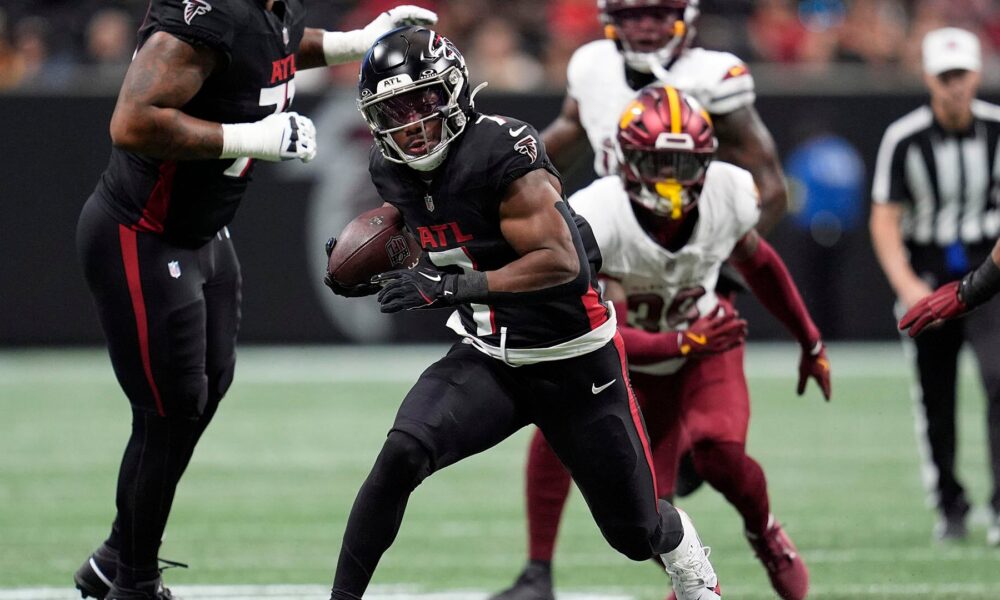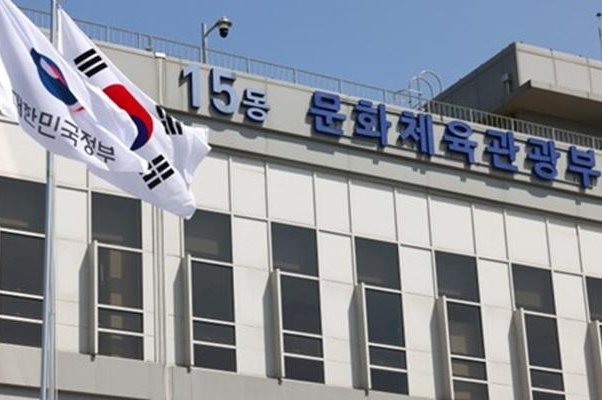BREAKING: New research from Binghamton University reveals that coaches can significantly enhance athletes’ mental toughness through transformational leadership techniques. This research comes at a critical time when elite athletes, like Olympic gymnast Simone Biles, face immense pressure to perform.
The study emphasizes that the traditional approach of using harsh words for motivation, such as calling an athlete “fat,” can backfire. Instead, focusing on self-determination and personalized coaching techniques has proven more effective in fostering resilience among athletes.
In an urgent call to action, Chou-Yu (Joey) Tsai, the co-author of the study, stated, “The most important psychological characteristics can be cultivated through coaching. This study tells you how important coaching is in generating resources that enhance athletes’ resilience and mental toughness.”
Researchers surveyed 301 athletes from Taiwan’s University Volleyball League, comprising 169 male and 132 female players. They were assessed at the start of the season for their perceptions of transformational leadership. After the season, data was gathered on three key areas: task-involving climate perception, coach-athlete exchange, and mental toughness.
Findings indicate that coaches who practice transformational leadership create inspiring visions and motivate athletes to align closely with their values. The result? A marked improvement in mental toughness among players.
Tsai outlined two key strategies for coaches to boost mental toughness: prioritizing group goals and recognizing individual athlete challenges. He noted that traditional business leadership techniques are directly applicable in sports, emphasizing that good coaching can lead to better performance outcomes.
The study, published in the International Journal of Sports Science & Coaching, highlights the importance of building a relationship dynamic rooted in mutual respect between coaches and athletes. Tsai warns, “Every sport or business setting has leaders, and nowadays, you have many disruptions to achieving your goal.”
The implications of this research are profound, especially in a competitive landscape where mental endurance is critical for success. Coaches are encouraged to focus on individualized feedback and set personalized goals for each athlete, fostering a culture of growth rather than comparison.
This urgent update on coaching practices is a call for change in the athletic community. As Binghamton University continues to lead in research and education, the findings aim to reshape how coaches approach athlete development, emphasizing the growing need for emotional intelligence in sports.
Fans and stakeholders in the sports industry should closely monitor these developments, as the adoption of transformational leadership techniques could revolutionize how athletes are trained and supported, paving the way for future champions.
For more on this study and its implications for coaching practices, stay tuned as we continue to follow the story.







